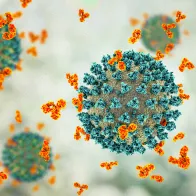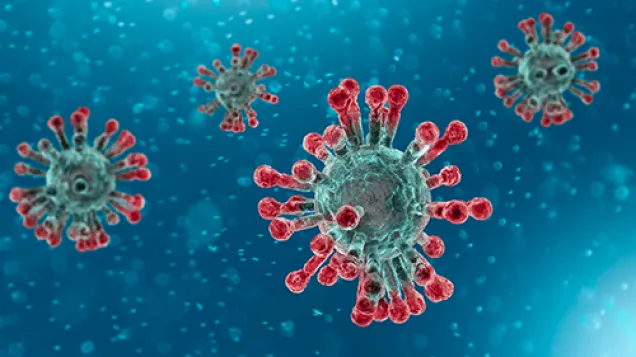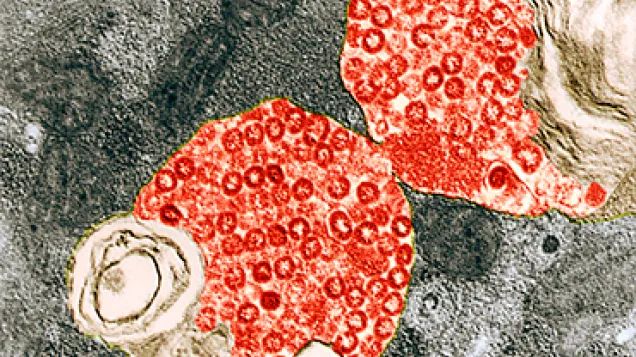Slow increases in COVID-19 observed across EU/EEA as a new variant emerges
While recent weeks have shown a mild increase in SARS-CoV-2 activity from low baseline levels in many EU/EEA countries, respiratory primary care consultation rates remain at or below levels typically observed during this period in past seasons. Importantly, no significant impact on severe disease indicators – such as hospital admissions, intensive care unit admissions or deaths – has been observed so far.
SARS-CoV-2 is currently circulating at low levels in the EU/EEA, but its incidence could increase in the coming weeks
said Edoardo Colzani, ECDC Head of Respiratory Viruses.
We do not anticipate the NB.1.8.1 variant to pose a greater public health risk than other Omicron-descendant variants, nor do we expect a significant impact on vaccine effectiveness against severe disease. However, following a winter with low SARS-CoV-2 circulation, population immunity against SARS-CoV-2 may have partly waned – particularly among older adults and other individuals who are at higher risk of severe disease – potentially increasing vulnerability as virus activity rises
he added.
COVID-19 vaccination coverage in older adults remains suboptimal in several EU/EEA countries, with only one country exceeding 80% coverage among those 80 years old and above, and seven achieving more than 50% coverage. ECDC re-affirms that COVID-19 vaccines continue to offer strong protection against severe outcomes.
ECDC recommends maintaining timely and continuous, year-round surveillance and reporting of respiratory viruses across the EU/EEA. In case of sustained increases in COVID-19 cases, key recommendations include staying home when ill, practising good respiratory etiquette and hand hygiene, and ensuring appropriate ventilation of indoor spaces. People with high risk for severe disease – as well as their caregivers and close contacts – should consider using a face mask when in crowded public spaces.
It is important that risk groups, including older adults, keep up to date with their COVID-19 vaccinations as per national recommendations to maintain protection against severe disease. Depending on the time since their last dose and the current epidemiological situation, additional COVID-19 vaccine doses outside of scheduled vaccination campaigns could be considered for vulnerable groups – such as those 80 years old and above or other eligible high-risk individuals, regardless of age – in order to maximise individual protection. Timely protection with available COVID-19 vaccines should be prioritised when individual risk is high, rather than waiting for updated vaccine formulations to become available.
Read the epidemiological update
Share this page




